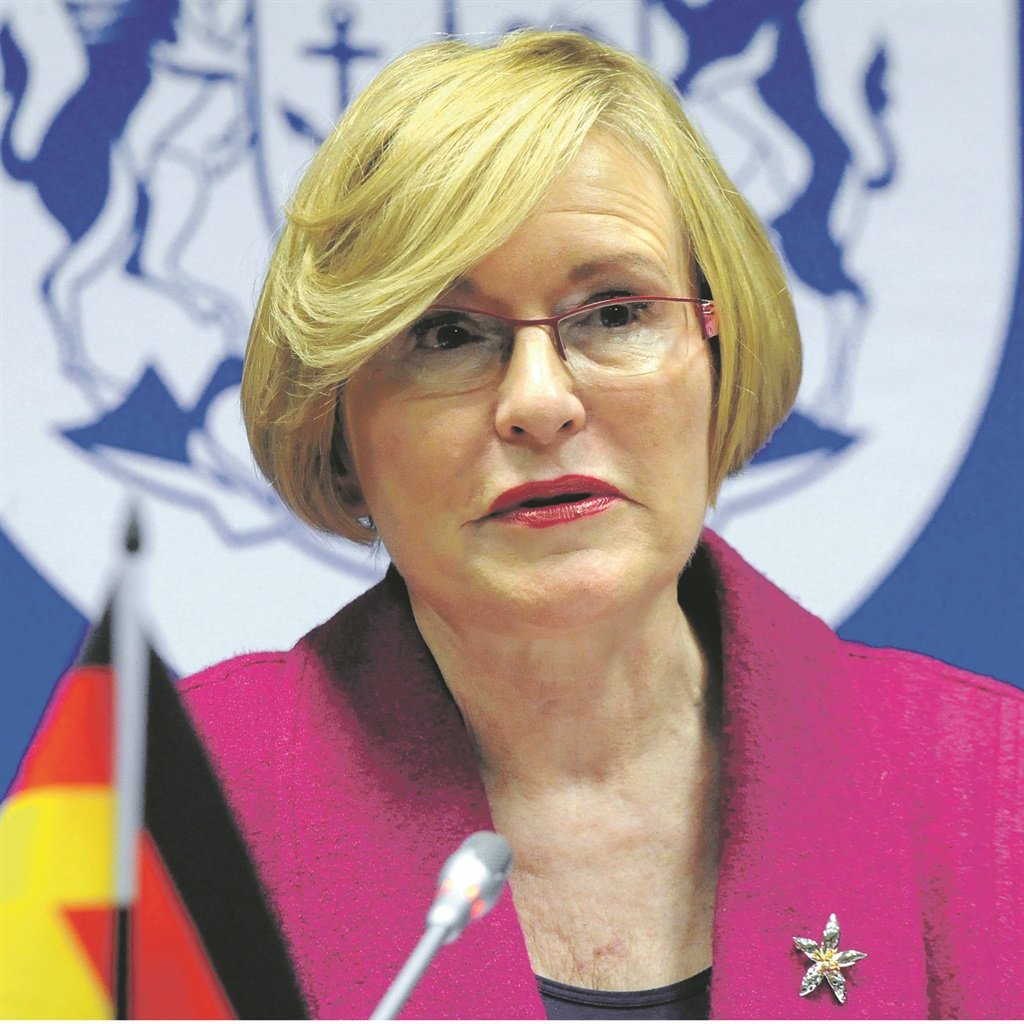
The question of whether we are ready for a female president has been doing the rounds for a while.
That we even ask this is problematic as it attests to the patronising attitude that prevails in our otherwise modern society.
In South Africa, the situation is more complex as a result of our racially divided past – because if the 2014 polls had been about choosing a female leader to take the nation forward, Helen Zille represented that opportunity.
Despite female voters outnumbering their male counterparts in this country, they did not use their vote across party lines to ensure that she would lead.
Female leaders are subjected to stereotypical gender-based beliefs, which undermine them and their potential to succeed.
Norway’s former prime minister, Kjell Magne Bondevik, once said: “If there were more female leaders in the world, there would be more peace.”
Such statements, though well-meaning, perpetuate stereotypes of women as a uniform mass, not as individuals with diverse needs, ambitions and viewpoints.
This is best illustrated by Hillary Clinton, then a US senator, voting for the invasion of Iraq back in 2003 – while Barack Obama, then chairman of the senate’s health and human services committee, did not.
There is no doubt that, as a group, women typically bring unique skills and fresh perspectives that broaden discussions.
The stereotype is that women bring a collaborative leadership style that benefits people dynamics by highlighting listening as a skill, offering social support and problem-solving.
The collaborative style does not mean women shy away from controversial issues. Studies have proven that women are more likely than men to ask tough questions, and demand direct and detailed answers.
South Africa will have a female president some day. Should this happen in my lifetime, I will look at three key factors:
Power: It can be defined as the ability to influence behaviour by inspiring people to do things that they would not otherwise do. Positional power has no authority or respect until it is earned, so an effective leader has to be emotionally intelligent by being self-aware and attuned to people – and not just those in his or her immediate circle.
A good leader can assess the citizenry’s sentiments. Their ability to influence others depends on their skill at adjusting their behaviour, where necessary.
It is critical that a leader has integrity in terms of aligning what they say with what they do. They must live the values that they espouse, even when doing so is not to their benefit, or else they risk losing the citizenry’s trust and confidence in them.
Courage: Leadership is rooted in character. Technology has resulted in a global, transparent world, where we are witness to increasing intolerance of political leaders, scattered far and wide, who try to spin their way out of scandal or corruption or wartime atrocities.
We as South Africans require a courageous leader to help us overcome our challenges, while acting ethically and with integrity in the pursuit of something greater than self-interest. A good leader should not fear standing up for what they know is right. They cannot afford to be timid.
It is easier to rationalise instincts into silence and inaction – read cowardice. A trustworthy leader must be willing to take on sacred cows and respectfully challenge colleagues in their own party, without destroying goodwill or establishing a demoralising dynamic.
Transformation: This is not only about representation in terms of numbers, it is also about dismantling the patriarchy that limits women’s opportunities for advancement.
Many gender stereotypes portray women as lacking the qualities associated with effective leadership. Not only do such stereotypes perpetuate the glass ceiling for women, but when they do succeed – against the odds – at securing a leadership role, they tend to be judged more harshly by men as well as women.
The only way to get past patriarchy is to address it directly. Women leaders need the courage to change the status quo and not to assimilate. Many women “act like men” when in leadership positions, in the misguided belief that this will prove that they are equal to men and thus deserving of their position.
That women have to overcome huge obstacles to stand out and be appointed, or elected, into a leadership role is a given. But let us never forget that women are individuals and form a diverse part of the global population. As such, a South African female president would be just as deserving of her position as her male or female counterpart the world over, and should be accorded a fair chance to prove herself.
Msomi is CEO of Busara Leadership Partners.
TALK TO US
Do you think that SA will be ready for a female president come national elections in 2019?
SMS us on 35697 using the keyword WOMAN. Please include your name and province. SMSes cost R1.50




 Publications
Publications
 Partners
Partners








